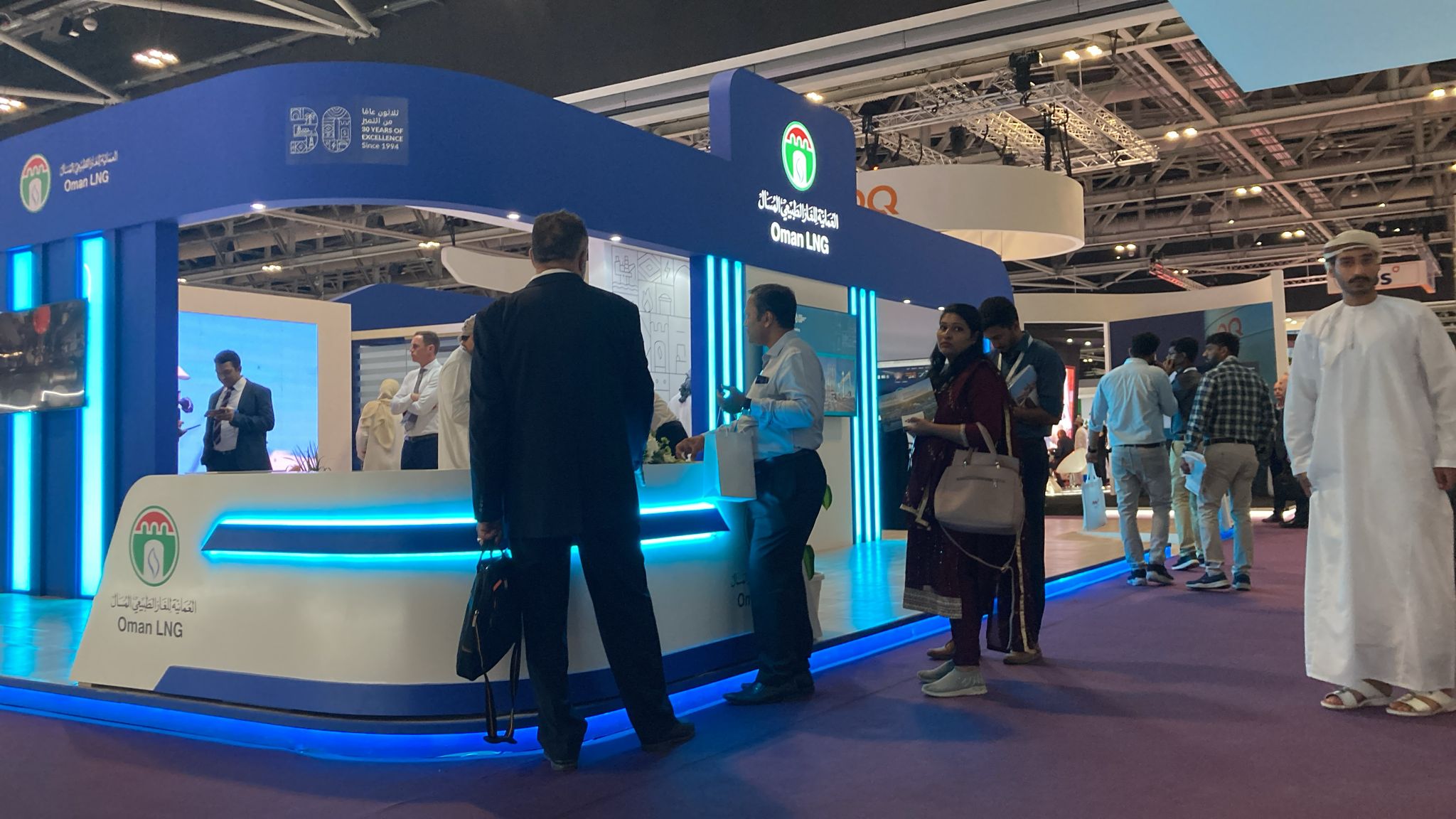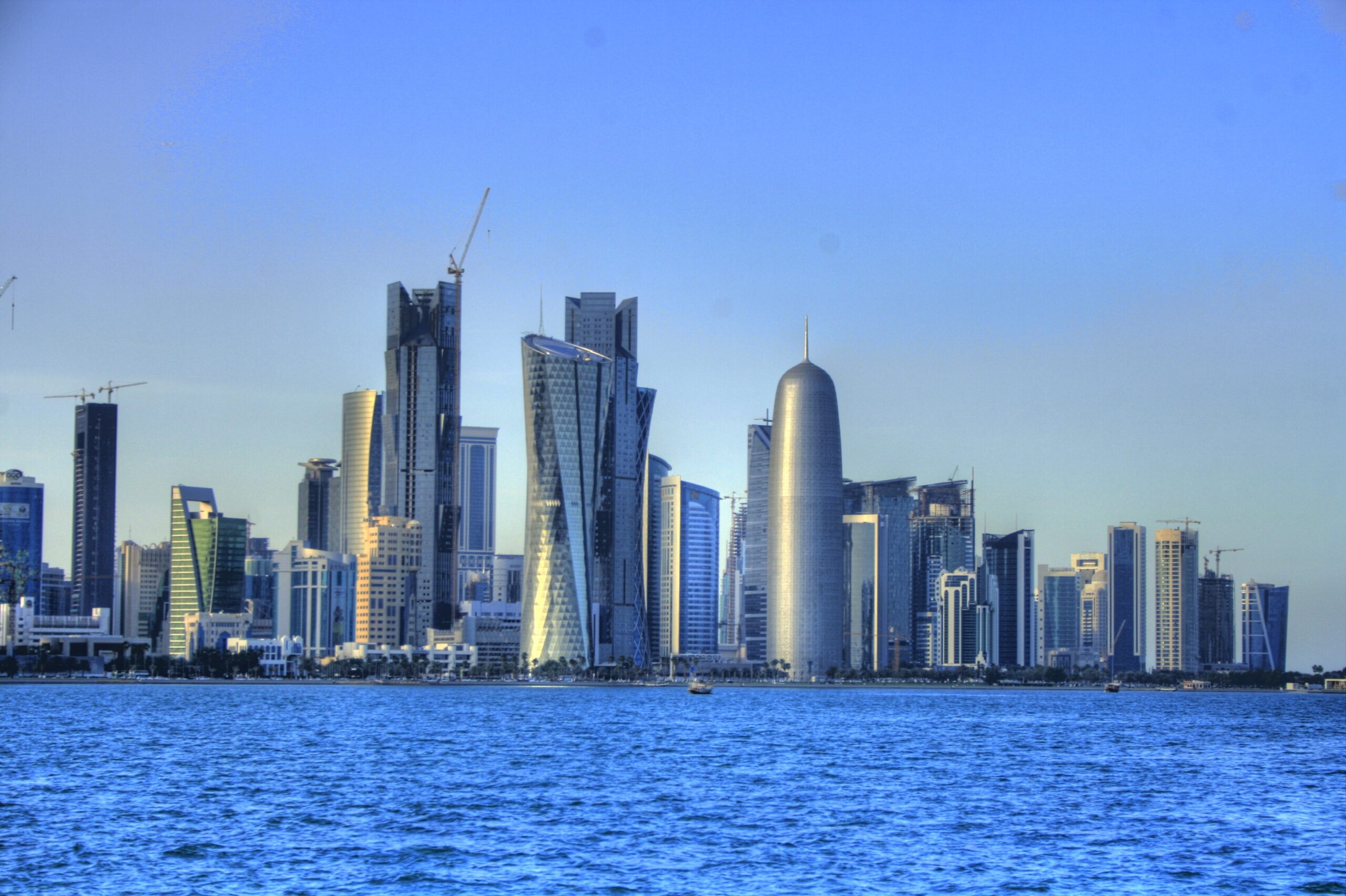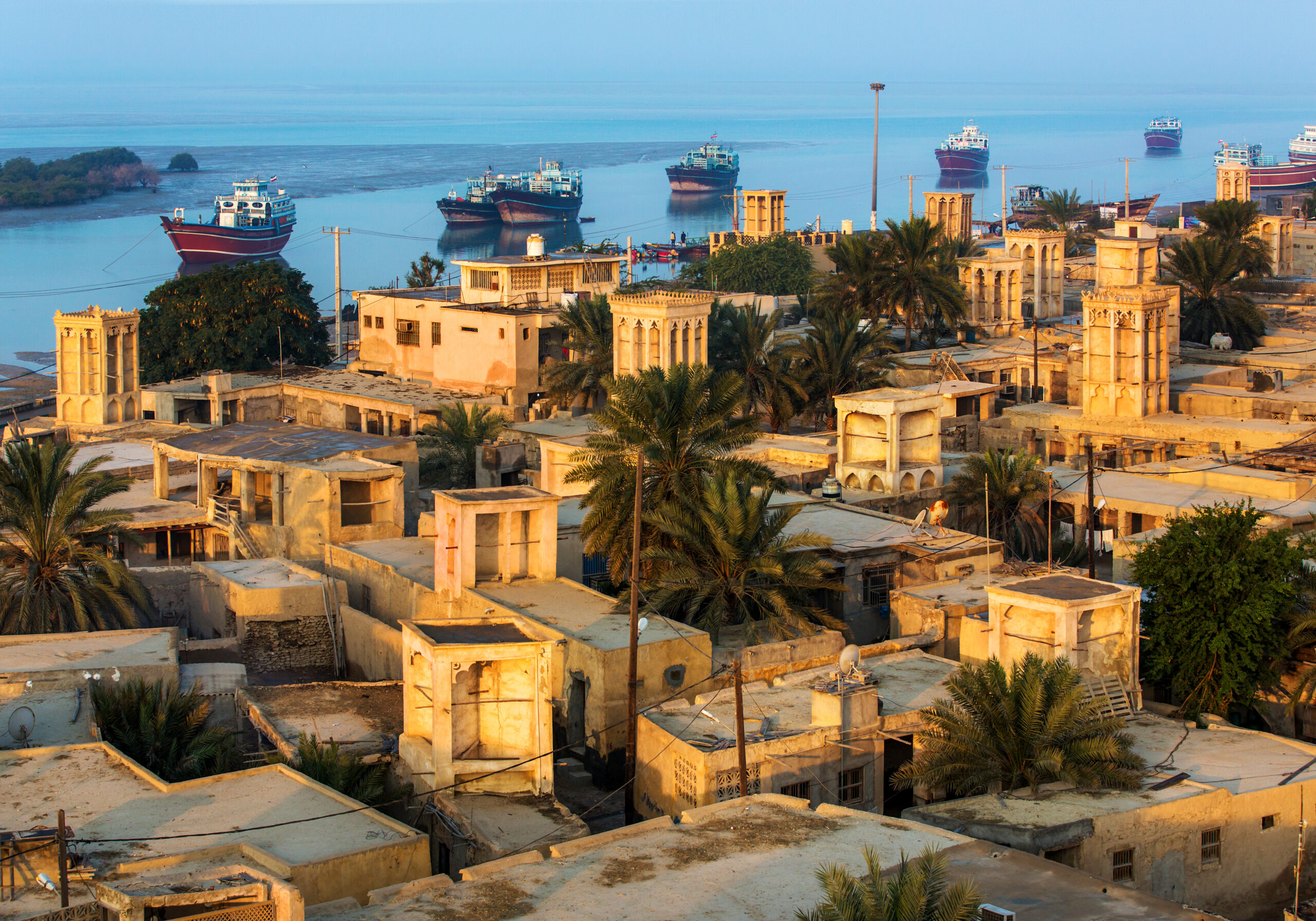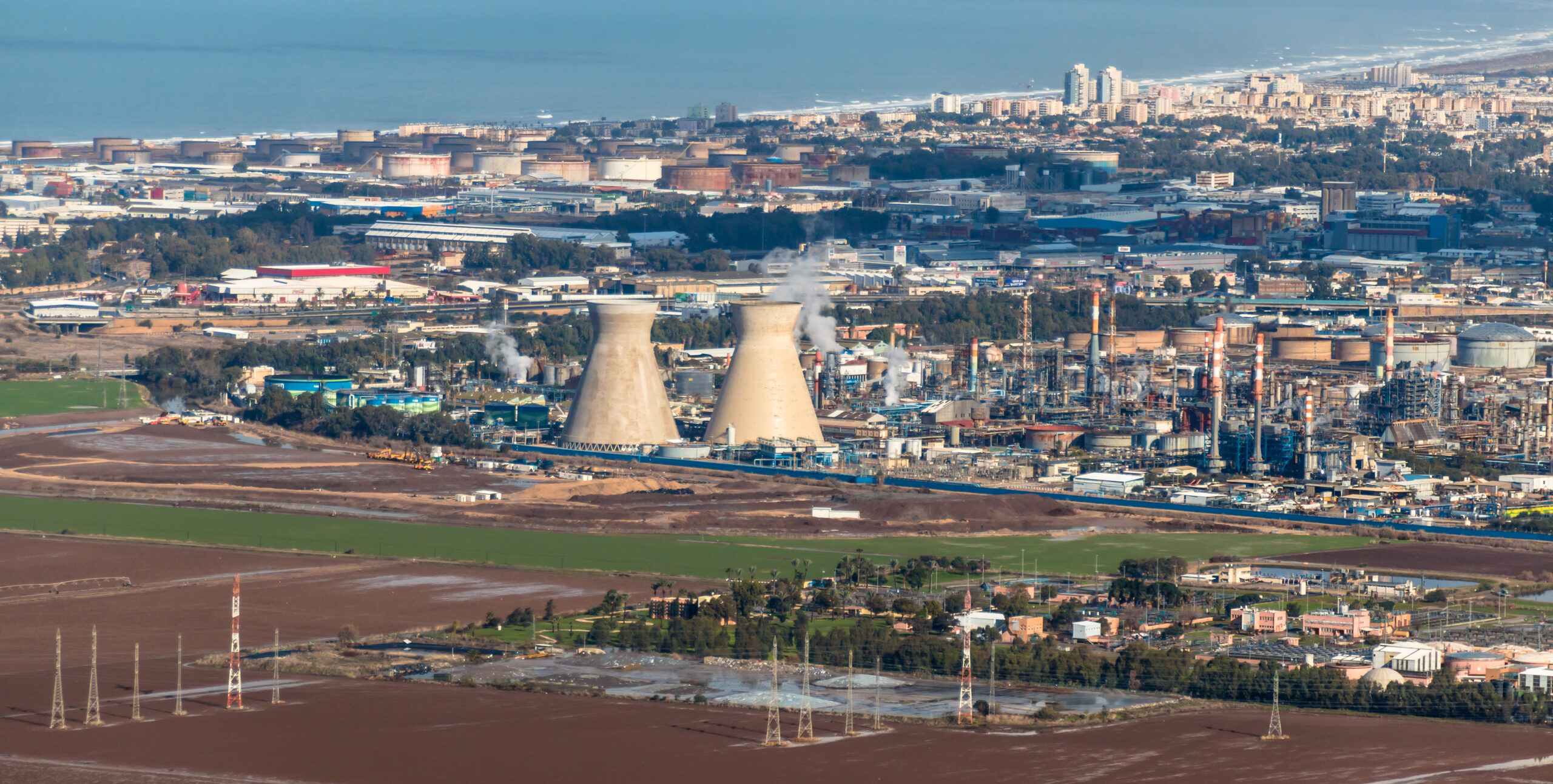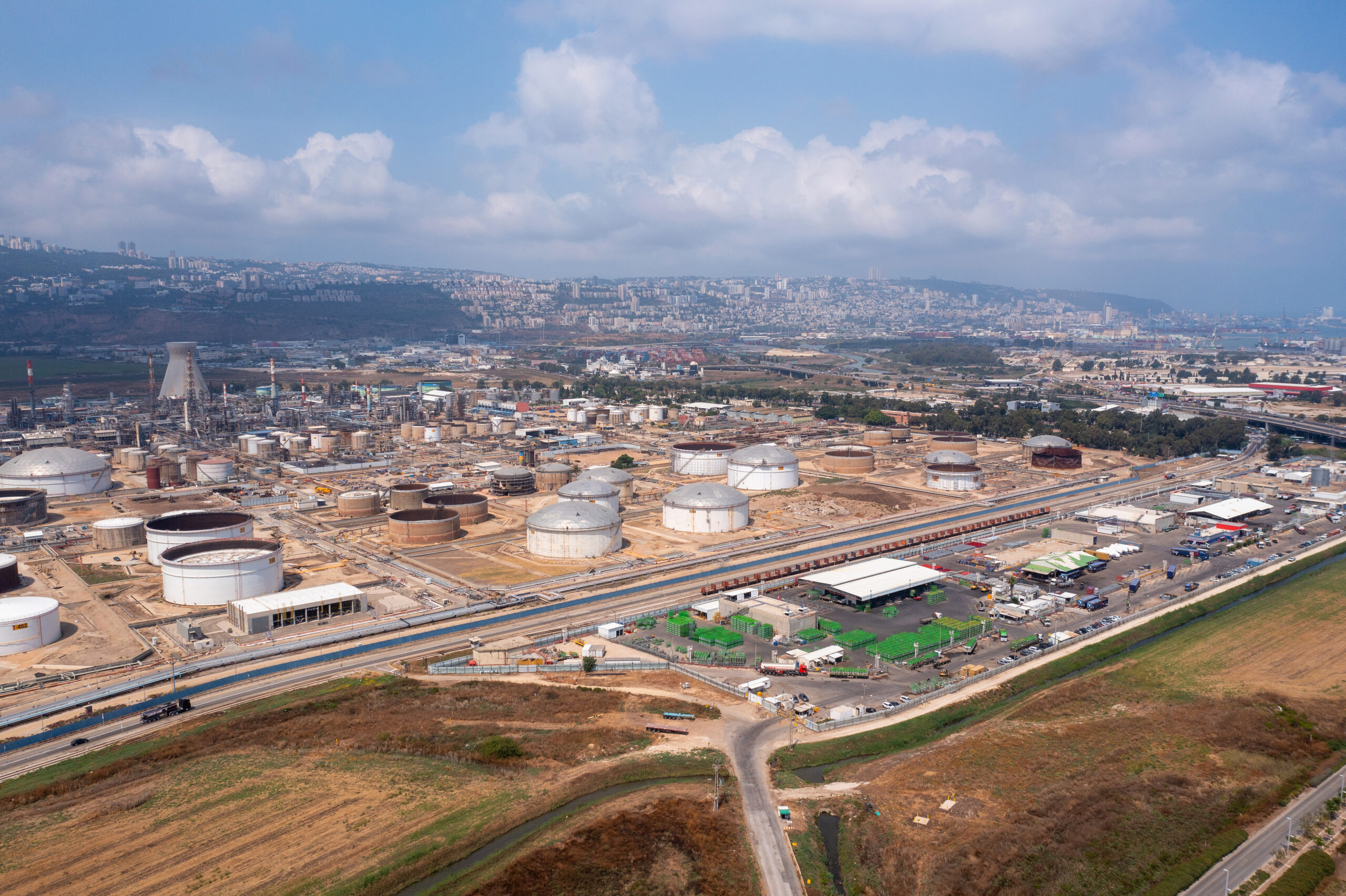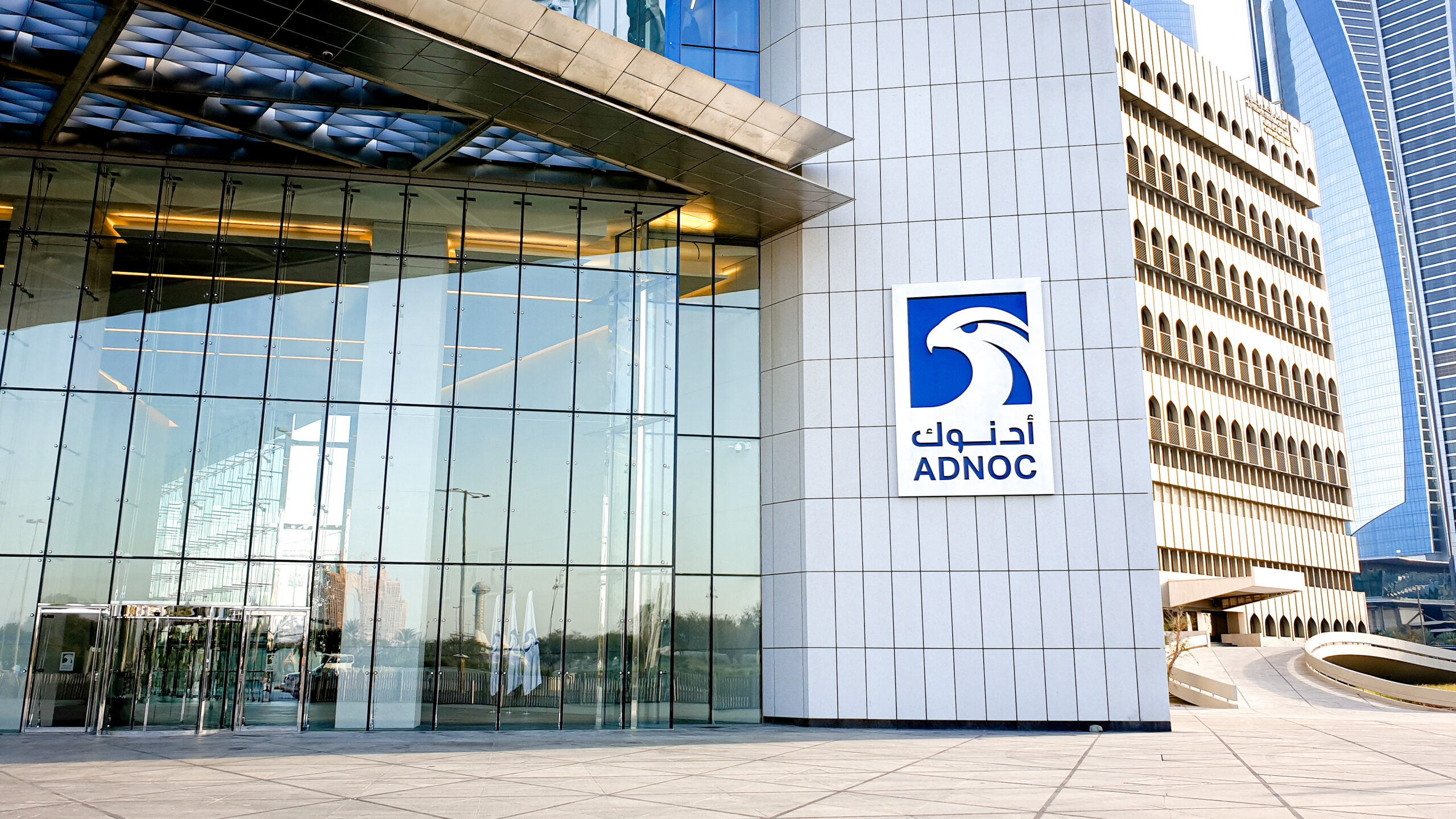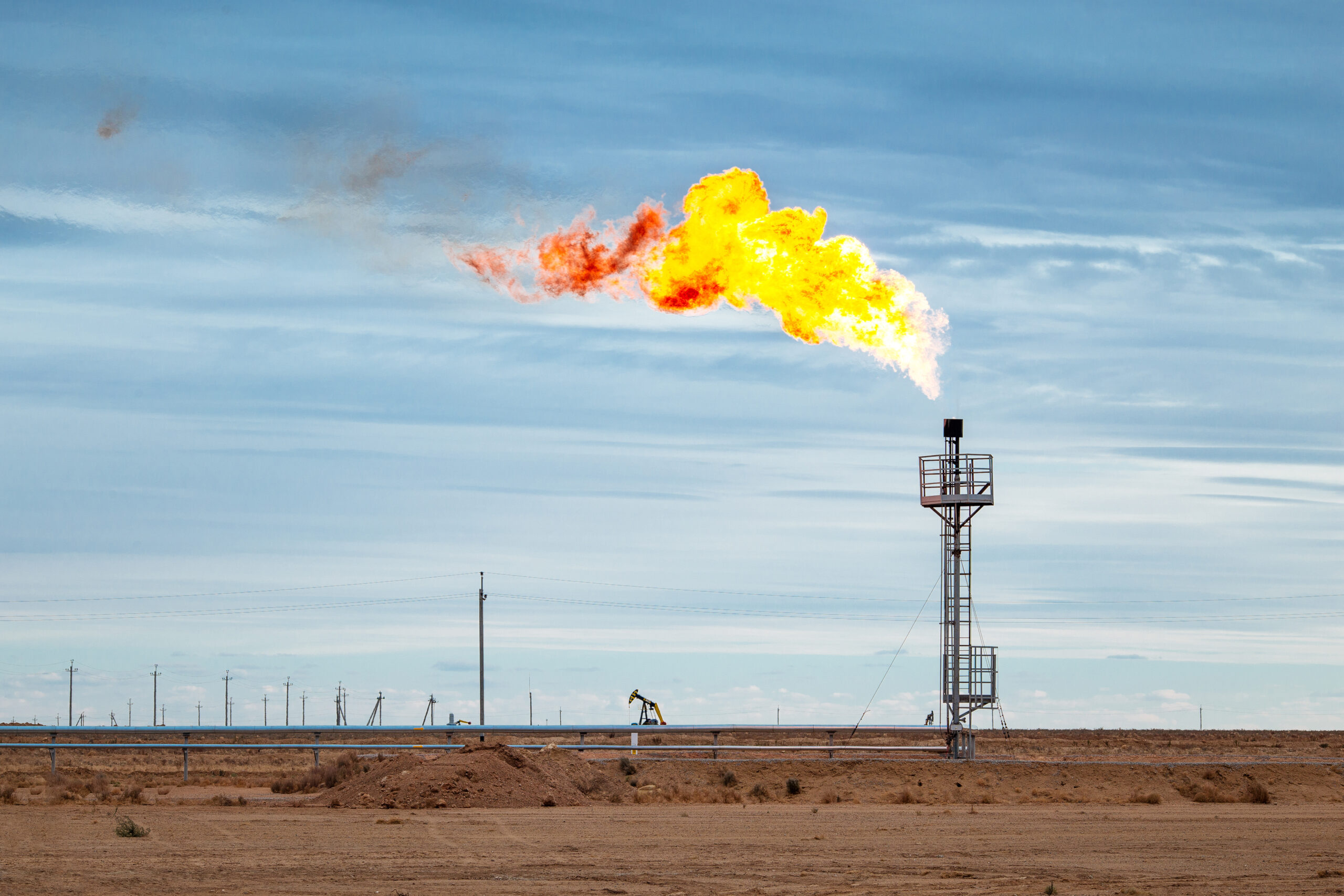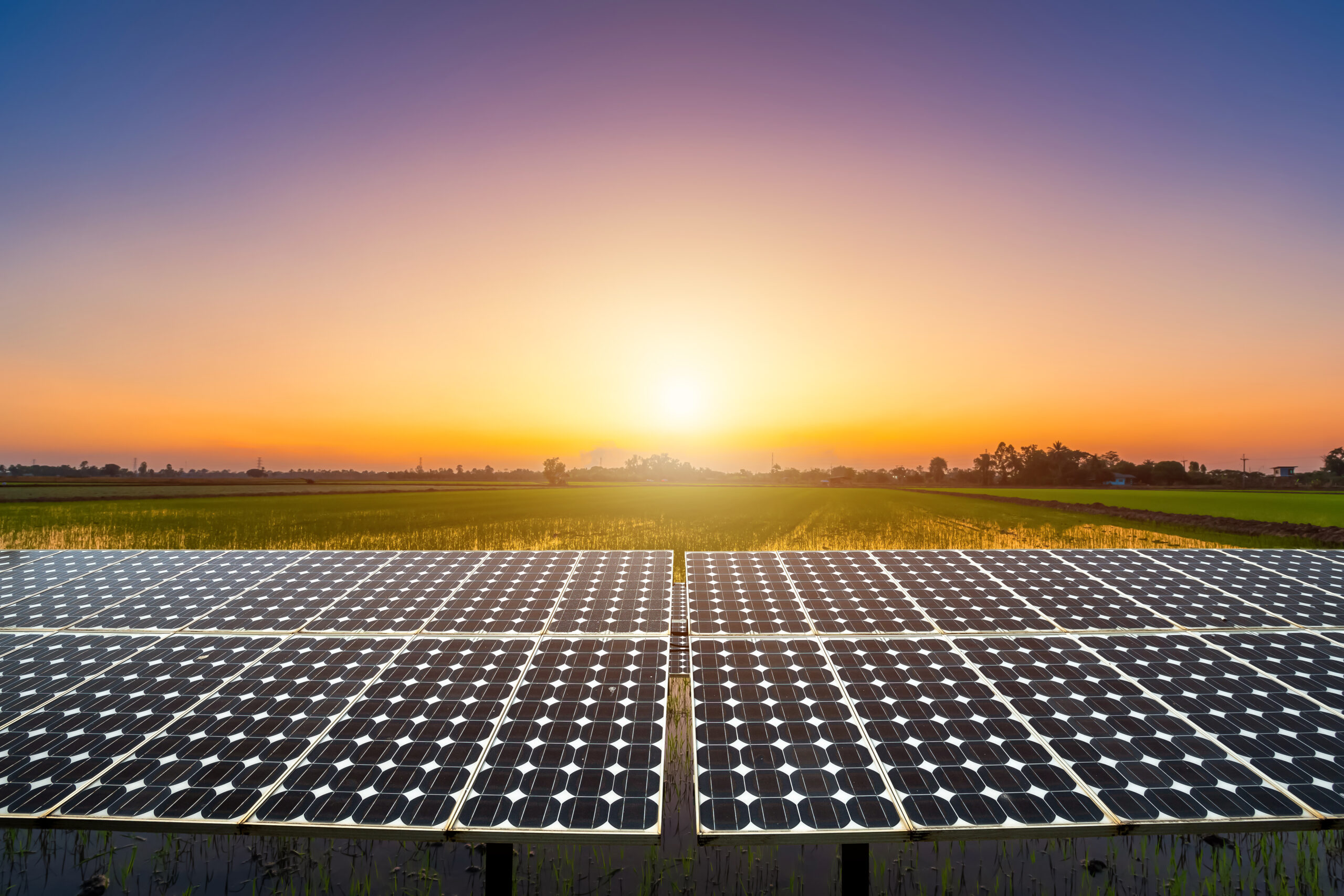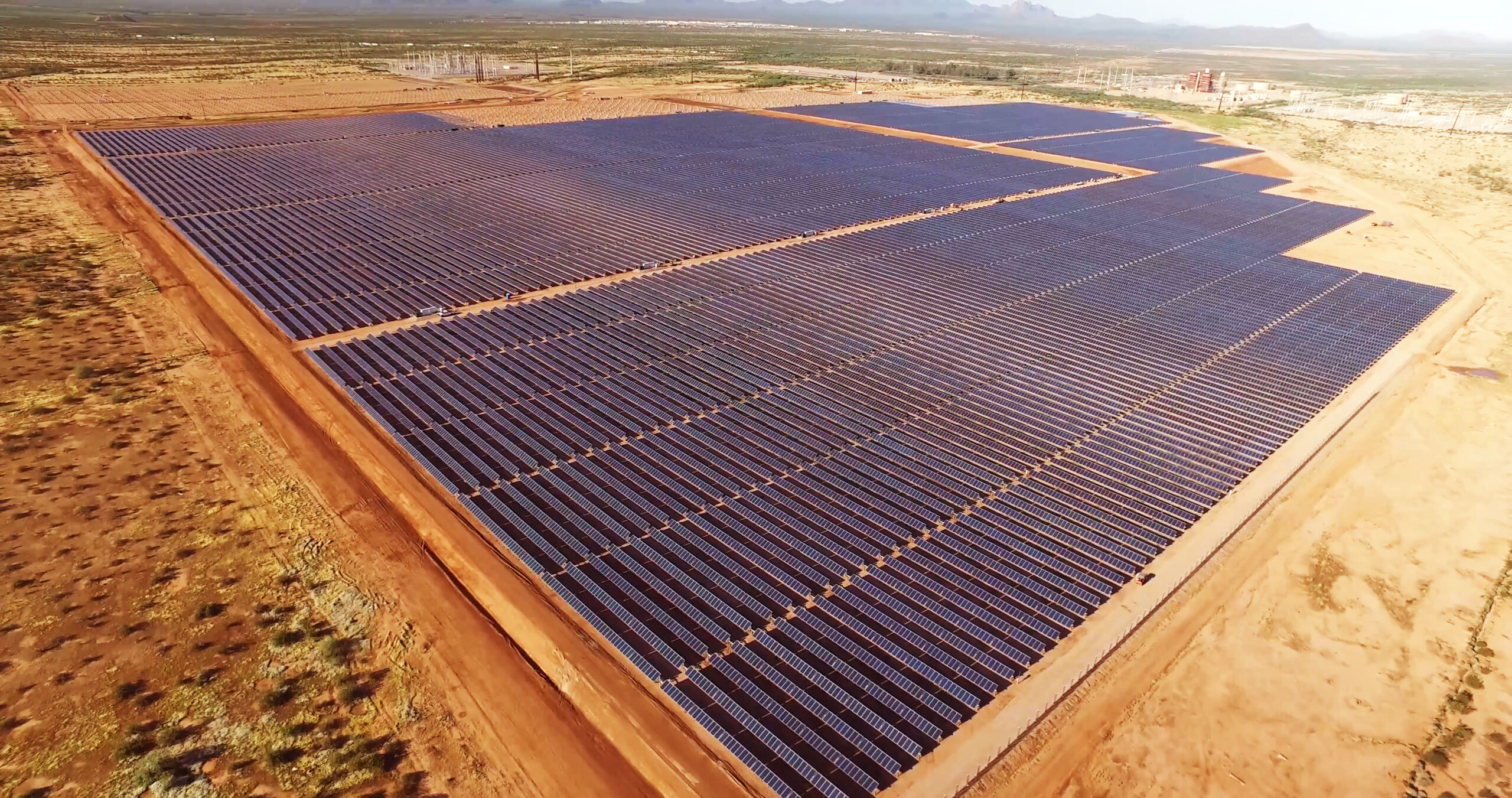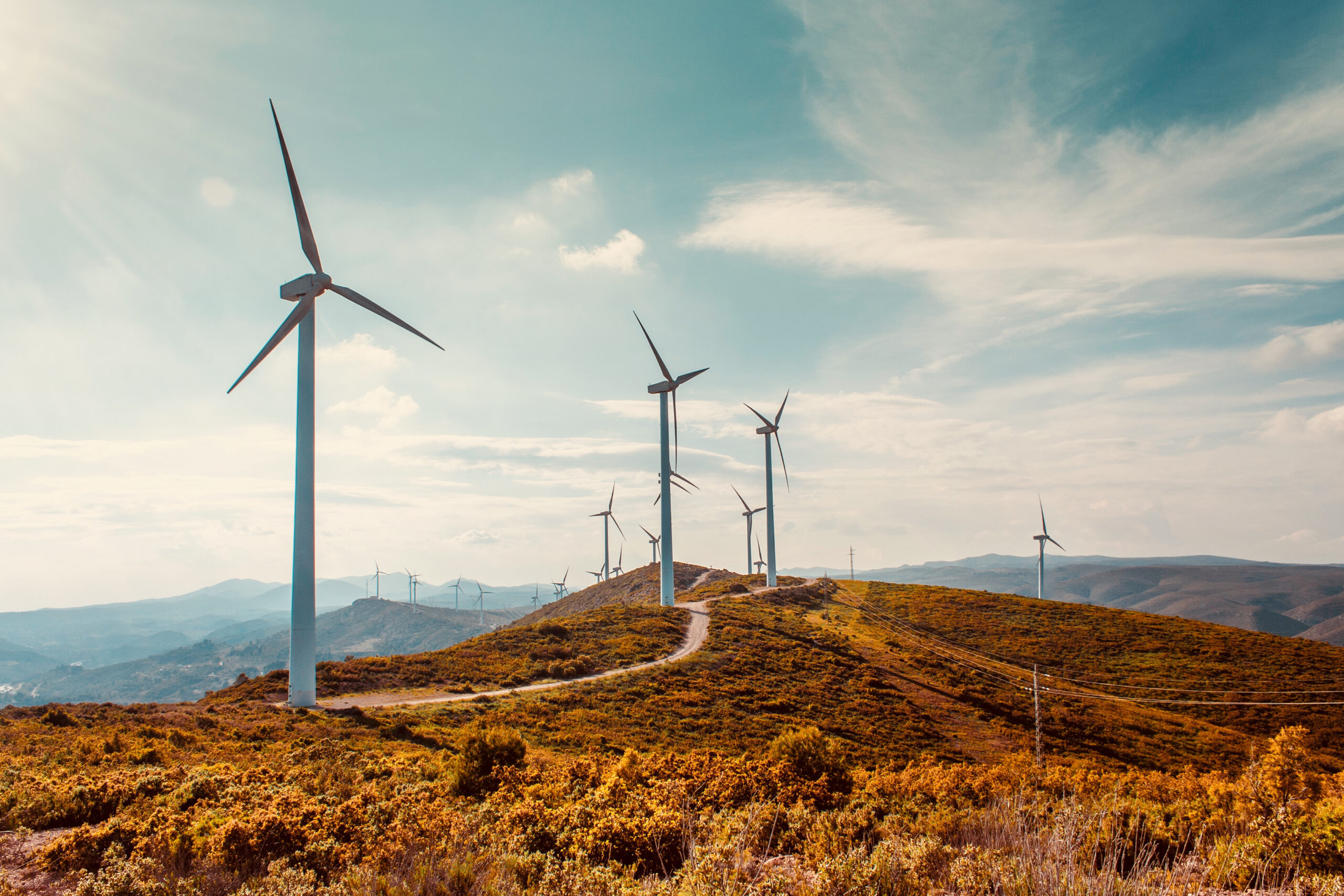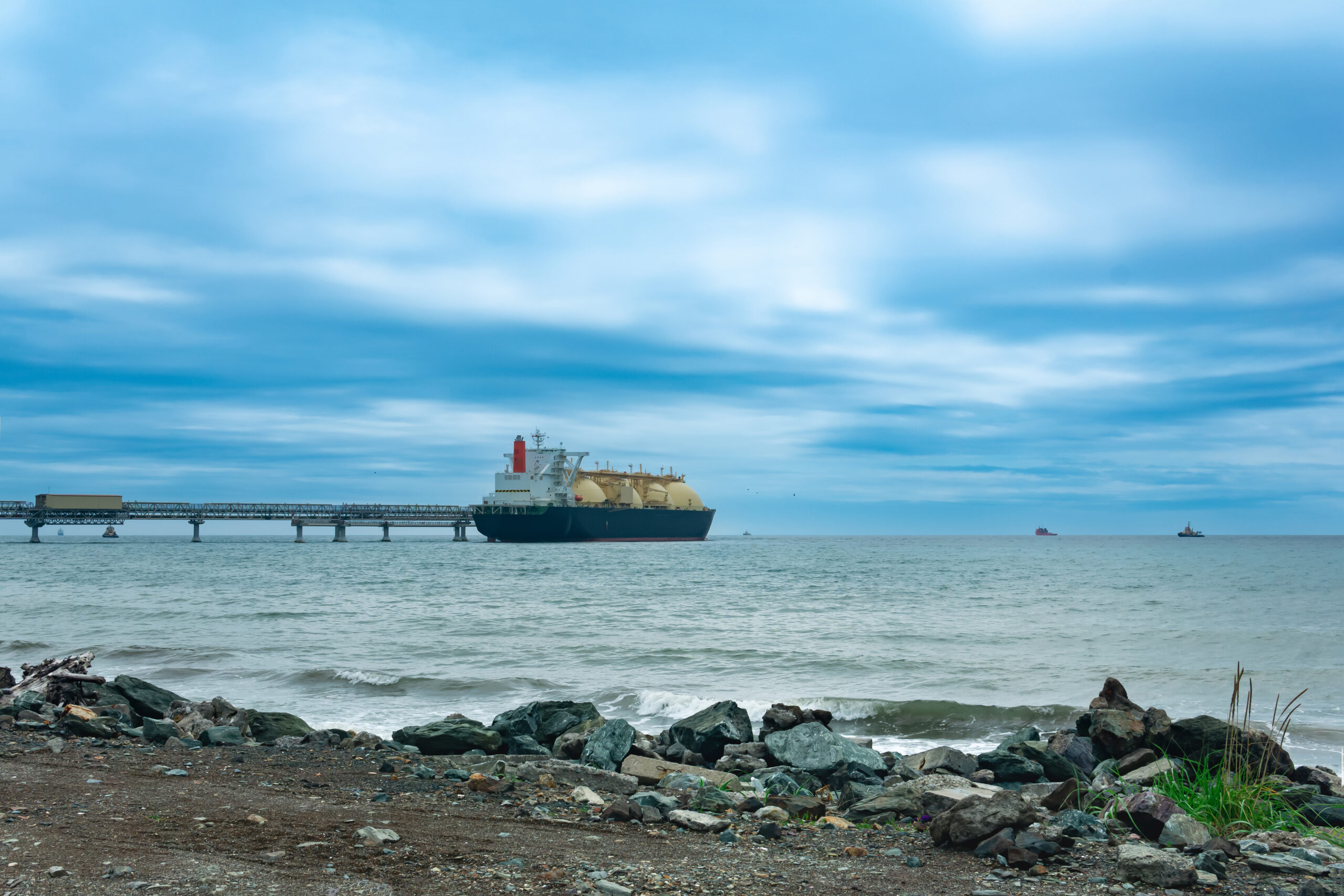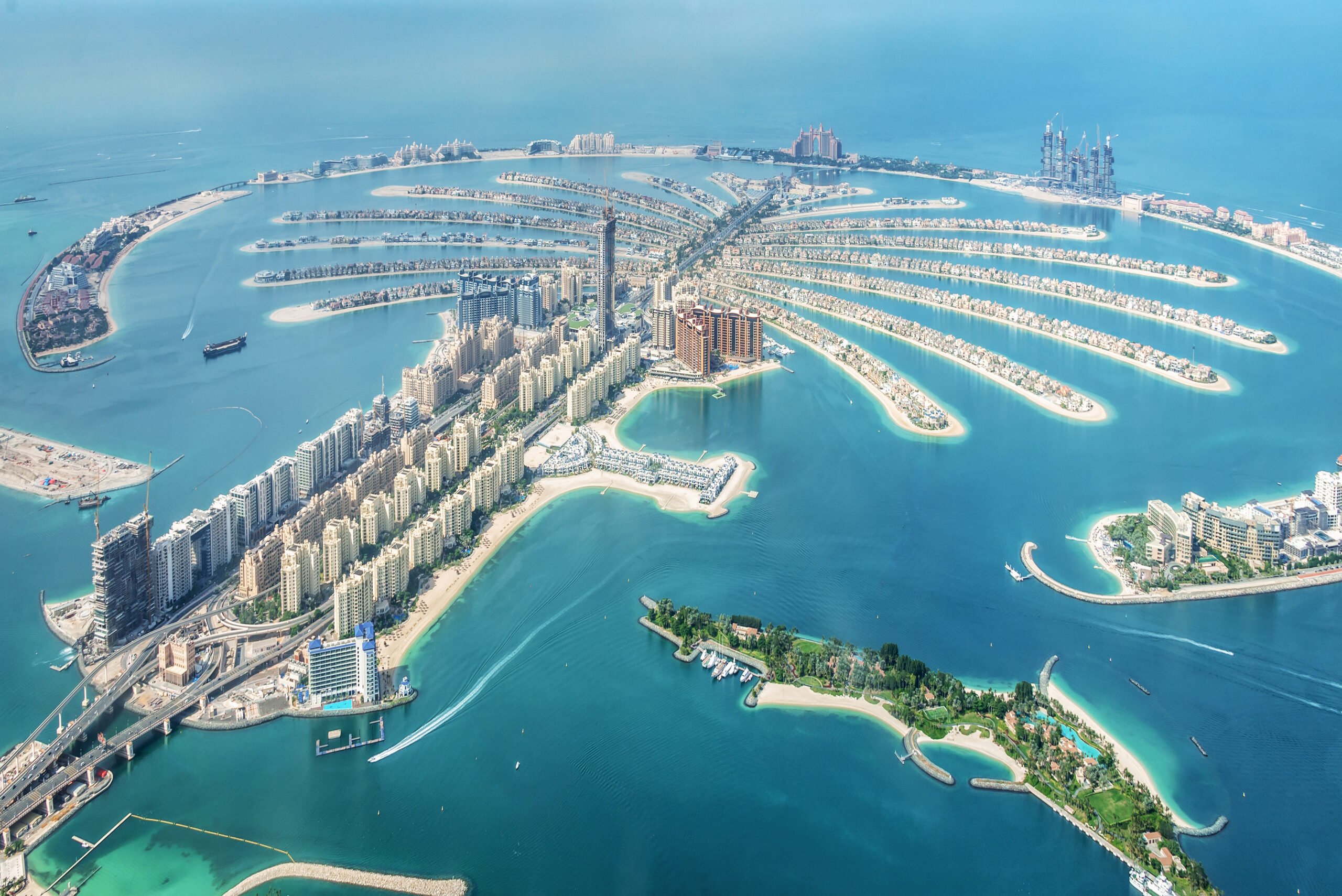Oman LNG has made headlines in recent weeks with a string of new LNG contracts, but more are still expected, a manager at the firm told Gas Outlook in an exclusive interview.
Omani energy firm OQ is keen to develop more downstream gas projects, its chief executive of upstream told Gas Outlook.
State-run QatarEnergy has announced a third LNG expansion plan, but Qatar has yet to tackle emerging risks including regulation on methane emissions.
The Iran gas pipeline attacks point to escalating tensions in the region.
Israel’s gas market remains small, but in the decade before the war in Gaza began in October its growth was remarkable.
Amid the ongoing Israel-Gaza war, rumours are circulating that Israel is eyeing offshore development in waters close to the Gaza Strip.
With its Hail and Ghasha mega-project, Abu Dhabi National Oil Company says it will use carbon capture and storage to operate with net zero emissions.
The oil major has still not suitably addressed gas flaring concerns in Rumaila, where an Iraqi man died of leukaemia, experts say.
Saudi Aramco says it hopes to achieve net zero SCOPE-1 and SCOPE-2 greenhouse gas emissions across its fully owned operations by 2050, but warns that achieving this in less than three decades will not be easy.
The UAE, which was the first Middle Eastern country to announce a net zero emissions target by 2050 and will host the 2023 UN-led climate conference, sees itself at the forefront of the regional energy transition.
Saudi Aramco says it hopes to achieve net zero SCOPE-1 and SCOPE-2 greenhouse gas emissions across its fully owned operations by 2050, but warns that achieving this in less than three decades will not be easy.
Against a backdrop of declining crude production, the Omani government has partnered with BP to target the widespread exploitation of renewables and hydrogen.
With its Hail and Ghasha mega-project, Abu Dhabi National Oil Company says it will use carbon capture and storage to operate with net zero emissions.
Qatar is to supply LNG to Germany under a long-term deal which is already being criticised for doing little to address the current energy crisis while protracting the country’s dependence on gas despite decarbonisation goals.
The COP28 summit opened today with a decision to discuss financing the loss and damage fund, in the hope of reaching an agreement before moving onto more complex topics.
The UAE, which was the first Middle Eastern country to announce a net zero emissions target by 2050 and will host the 2023 UN-led climate conference, sees itself at the forefront of the regional energy transition.
Saudi Aramco says it hopes to achieve net zero SCOPE-1 and SCOPE-2 greenhouse gas emissions across its fully owned operations by 2050, but warns that achieving this in less than three decades will not be easy.
Against a backdrop of declining crude production, the Omani government has partnered with BP to target the widespread exploitation of renewables and hydrogen.

